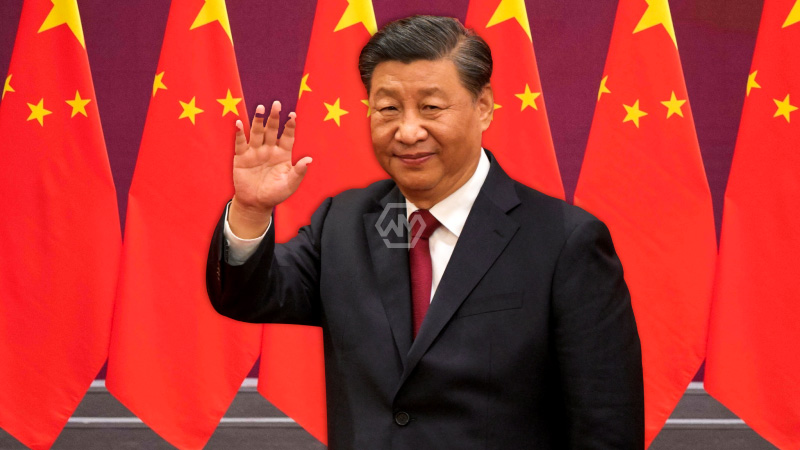- Xi Jinping introduces new CPC rules to streamline party authority and delegation.
- His absence from key global events fuels talk of a possible leadership transition.
- Experts debate whether this marks a retreat or a tactical repositioning of power.
In a rare move signaling a potential shift in China’s political future, President Xi Jinping recently presided over a high-level Communist Party meeting that approved new regulations aimed at formalizing the responsibilities and functions of the Party’s top institutions.
Adding to the speculation is Xi’s prolonged absence from public view between May 21 and June 5, and his notable decision to skip the 2025 BRICS Summit—his first absence since assuming the presidency.
Xi’s Quiet Exit? Delegation of Power Hints at Possible Retirement Plan
The new party regulations, approved on June 30 by the 24-member Political Bureau, aim to reinforce the institutional strength of decision-making bodies within the Communist Party of China (CPC). By emphasizing collective leadership and clearly defined responsibilities, the rules may be intended to prepare the party for a post-Xi era. This is a sharp contrast to the previous decade of tight centralization under Xi’s rule.
Some political observers interpret the developments not as a sign of withdrawal but as a strategic repositioning. Victor Shih, a scholar of Chinese elite politics, noted that Xi might simply be stepping back from the minutiae of governance to focus on long-term challenges, such as China’s economic headwinds and its position on the global stage. Delegating authority, in this context, could be an attempt to maintain control while lightening his workload.
Xi’s leadership has faced mounting challenges in recent years. The country continues to grapple with the aftermath of its aggressive zero-COVID policies, a prolonged real estate crisis, and tensions with the United States over trade and technology. With internal and external pressures mounting, some experts argue that a redistribution of responsibilities within the CPC is a logical evolution to maintain stability and policy continuity.
Despite speculation, Xi’s legacy remains firmly entrenched. He removed presidential term limits in 2018 and secured a third term as General Secretary in 2022, reinforcing his image as China’s most dominant leader since Mao Zedong. Whether this recent shift marks the beginning of a succession plan or merely a tactical retreat remains uncertain—but the groundwork for a new chapter in China’s leadership seems to be underway.
Whether Xi Jinping is preparing to retire or simply realigning power structures for efficiency, his recent moves mark a pivotal moment in China’s political landscape.
“The supreme art of war is to subdue the enemy without fighting.” — Sun Tzu



